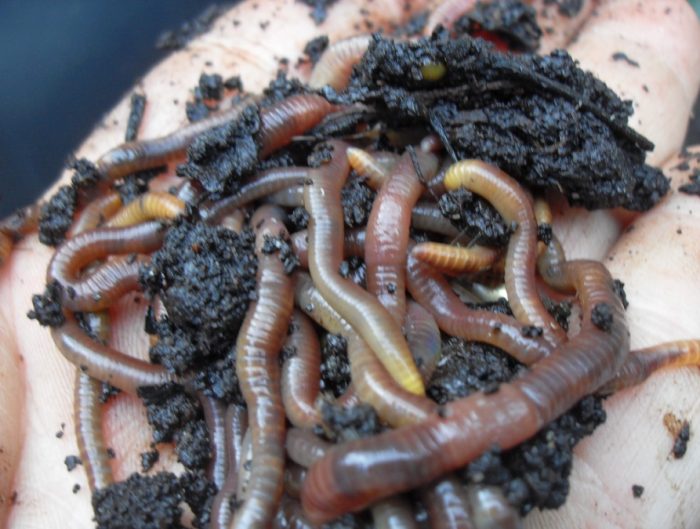A farmer starved to death waiting for the perfect time to reap
a perfect harvest. He was a kind man, a poet.
The community rallied, brought fresh bread, cakes,
and flowers to his funeral; the mayor called for a day of mourning.
After his wake, the flowers gone dry and stiff, the chapel cold,
no one would tend to the fields. Abandoned wheat
lay prostrate like kindling, full of dreams of fire and freedom.
As 18 million acres finally burst into flame, the authorities [1]
called for rain, for volunteers, for calm, for justice—
No one is ever to blame for the gravest crimes, of course.
Celebrities, billionaires, multinational corporations pledged
to help. In tragedy we are generous, thankful, forgiving. [2]
CNN aired clips of dying koalas; the audience couldn’t bear it. [3]
It’s hopeless, they thought. Or, c’est la vie.
The blaze was visible from space. And from his grave,
the farmer-poet waited and wondered what he had done for humanity.
—
[1] Yeung, Jessie. “What You Need to Know about Australia’s Deadly Wildfires.” CNN, Cable News Network, 10 Jan. 2020, https://www.cnn.com/2020/01/01/australia/australia-fires-explainer-intl-hnk-scli/index.html.
[2] Wang, Tracy. “Billionaires Are Opening Up Their Wallets For The Australian Fires, After Getting Flak For Not Donating Enough.” Forbes, Forbes Magazine, 9 Jan. 2020, https://www.forbes.com/sites/tracywang/2020/01/09/billionaires-are-opening-up-their-wallets-for-the-australian-fires-after-getting-flak-for-not-donating-enough/#755dd4bb55af.
[3] Pickrell, John. “Australian Fires Have Incinerated the Habitats of up to 100 Threatened Species.” Science News, 12 Jan. 2020, https://www.sciencenews.org/article/australian-fires-incinerated-habitats-threatened-species-ecological-disaster.




Leave A Reply